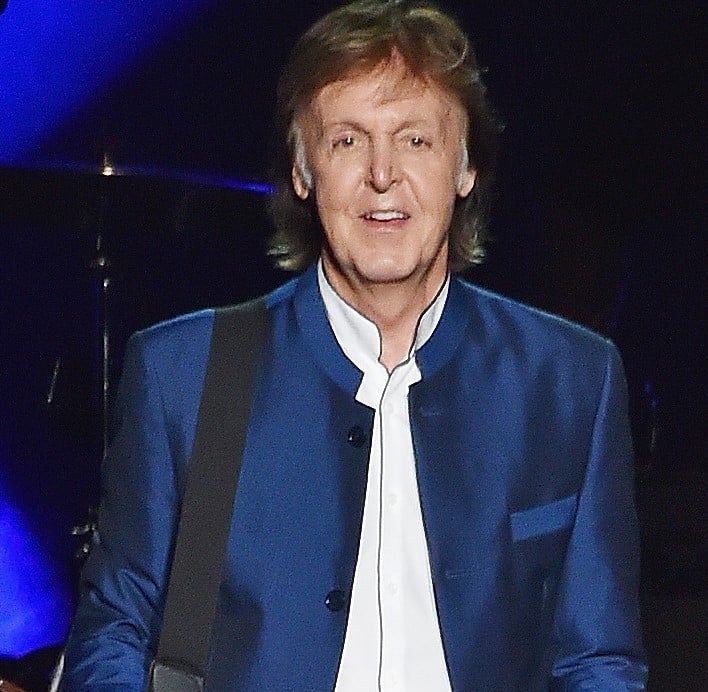
Paul McCartney Once Said He Doesn’t Get The Beatles’ Legacy
Love them or hate them, The Beatles‘ legacy is impossible to understate. Paul McCartney seemed to appreciate it even if he didn’t comprehend it. On the other hand, John Lennon dismissed the group’s significance.
Paul McCartney said The Beatles had a legacy because they represented ‘freedom’
During a 2010 interview with The Repository, Paul was asked if he understood The Beatles’ impact. “That’s what’s so amazing: It isn’t quite possible,” he replied. “It’s nearly possible. I think as time goes by I kind of understand a little bit more, just the reflective lens lends a bit of clarity to it,” he said. “I meet so many people that just sort of say, ‘I want to thank you for your music. It really helped me’ or ‘It changed my life.'”
The “Silly Love Songs” singer said the Fab Four’s importance extended beyond their music. “I think back and I think, well, the interesting thing about The Beatles was: The music was one thing, but we kind of symbolized a certain kind of freedom at a time when people of our generation were just growing up and just becoming adults,” he added. “This idea that you could maybe do anything with your life instead of just going down the road that was laid out for you. And it affected a lot of people. It’s hard to take it in, but it’s very gratifying.”
Some people only like The Beatles because of nostalgia
Paul’s comments are insightful. Even though The Beatles were as mainstream as a band could conceivably be, they were considered a part of the 1960s counterculture. To millions of fans, they represented a youthful rebellion against authority. Some of that rebellion expressed itself through the band’s cutting-edge music, like Sgt. Pepper’s Lonely Hearts Band and “Revolution 9,” while sometimes it expressed itself through the band’s antics, such as John’s claim they were “more popular than Jesus.”
On another level, some fans would probably care about The Beatles even if they were completely conventional. People often get attached to the music from their childhood and their teenage years more than any other music. Go on YouTube, and you can find fans who are nostalgic for counterculture acts like The Beatles, The Rolling Stones, and Simon and Garfunkel. You can also find fans nostalgic for 1960s singers Tom Jones, Dean Martin, and Neil Sedaka who didn’t push the envelope as much.
John Lennon said his band’s legacy was only possible because of Elvis Presley
The book All We Are Saying: The Last Major Interview with John Lennon and Yoko Ono features an interview from 1980. In it, the “Imagine” singer was asked if he agreed that The Beatles laid the groundwork for contemporary rock ‘n’ roll. John felt that claim was speculative.
John felt that musical evolution was cumulative. He said there’d be no Beatles without Elvis Presley, no Elvis without Johnnie Ray, and no Ray without … whoever predated him. He said a particular generation would always care about The Beatles because The Beatles defined the 1960s. In his mind, that was no different than a particular generation loving Glenn Miller because Miller defined the 1940s.
The Beatles have a vast legacy — even if Paul and John didn’t quite appreciate it.


